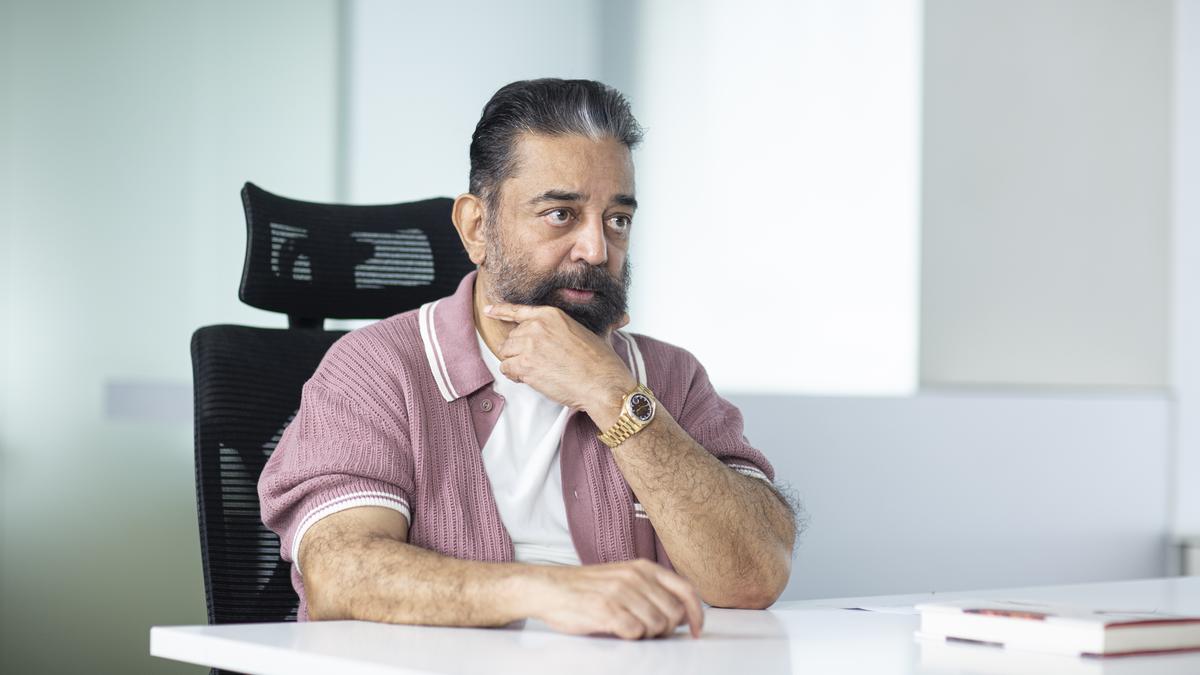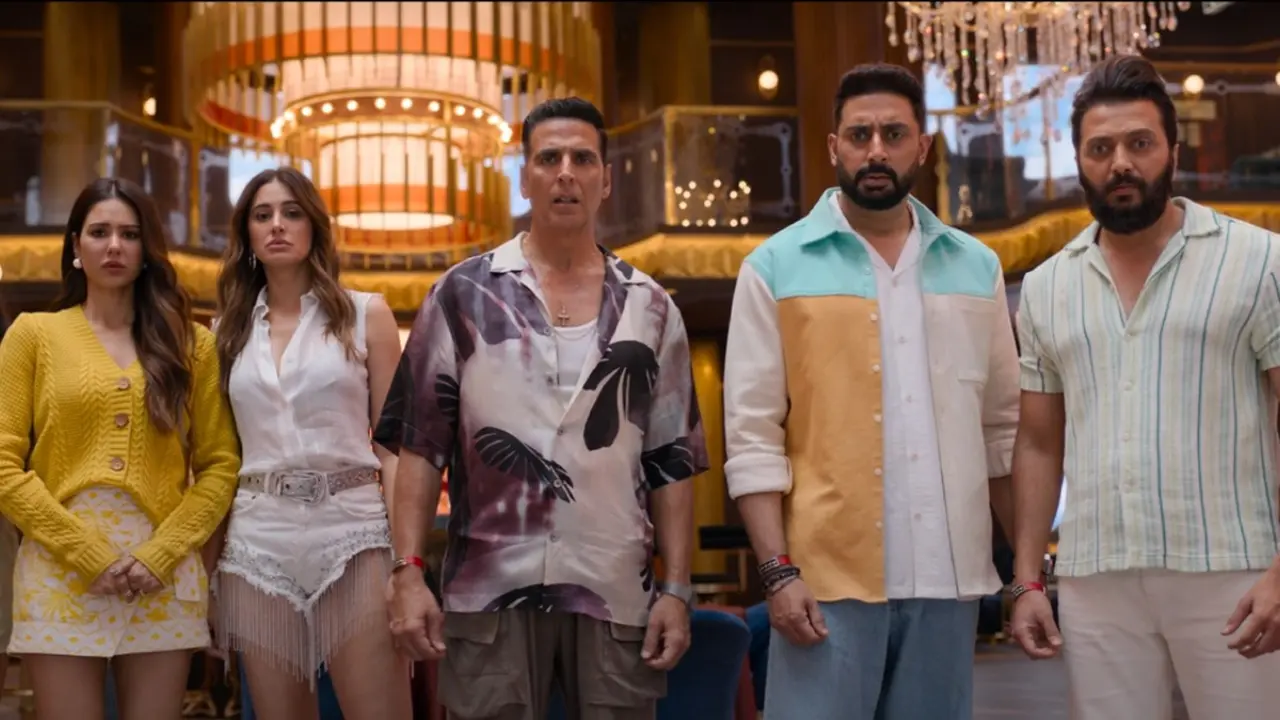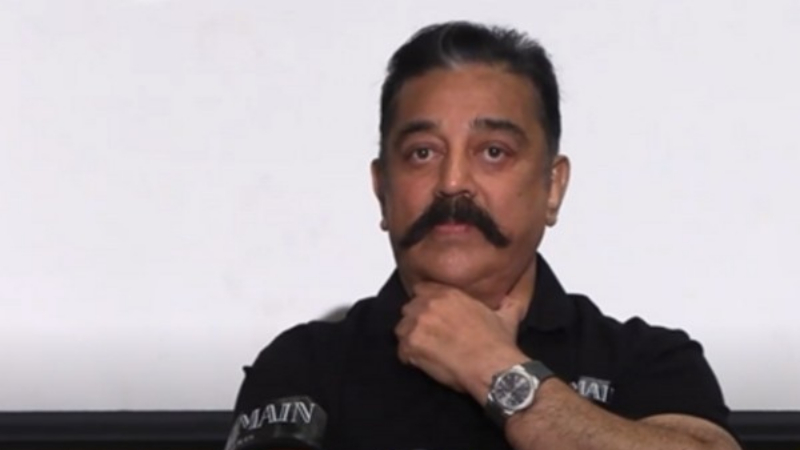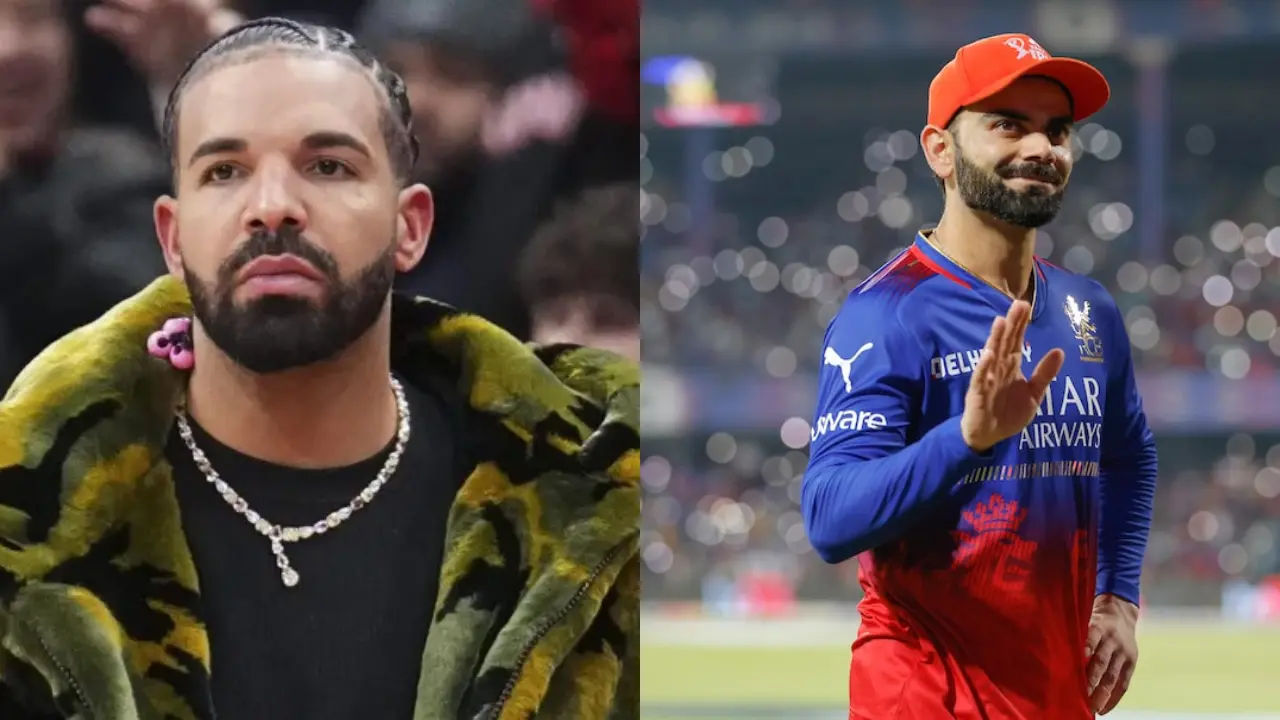The Madras High Court has restrained the media, both print as well as online, from posting, hosting, or debating any information concerning the matrimonial dispute between a popular film actor and his wife, as it would have deleterious effect not only on them but also their minor children.Justice G.R. Swaminathan ordered that all online portals and websites must take down the offending, defamatory contents that they had already published regarding the matrimonial dispute between the couple, to respect the right to privacy of the two children as well.The judge directed the High Court Registry to mark a copy of his order to the Union Ministry of Electronics and Information Technology (MeitY) to ensure prompt and effective compliance of the generalised order passed by him with respect to all media houses across the country.The orders were passed at the request of senior counsel Dama Seshadri Naidu, representing the actor who had approached the court to prevent his estranged wife and the latter’s mother from making defamatory statements against him on mainstream and social media.Biblical sayingDuring the course of hearing of the case, the judge said, there was a biblical saying that one should do to others what he/she would want them to do to him/her. Negatively put, it would mean that one should not do to others what he/she would not want them to do to him/her.“The applicant herein does not want the respondents to defame him. Fair enough. But the applicant also should conduct himself likewise,” the judge said and obtained an undertaking from Mr. Naidu and senior counsel J. Ravindran, assisted by S.P. Arthi, representing the actor’s wife, that neither party would issue statements against the other.‘Super injunction’ against mediaAfter giving the undertaking, Mr. Naidu urged the court to pass a “super injunction order”, restraining the media in general from reporting any information regarding the matrimonial dispute, since there was always a possibility of “inspired leaks or sponsored reporting” from either party. While examining the need for passing such an injunction, the judge took note that the marital relationship between the actor and his estranged wife was under severe strain, and because he happened to be a celebrity, the issue had evoked great amount of public attention.“The footprints of the negative campaign are there for all to see in the virtual world. I am worried about the impact it will have on the psychological health of their children. Article 8 of European Convention on Human Rights states that everyone has the right to respect for his private and family life,” the judge wrote.United Nations Convention on the Rights of the ChildFurther, Article 16 of the United Nations Convention on the Rights of the Child (UNCRC) states that no child shall be subjected to arbitrary or unlawful interference with his or her privacy, family, home, or correspondence, nor to unlawful attacks on his or her honour and reputation. “A child has the right to protection of the law against such interference or attacks. This convention was ratified by the Government of India in 1992 itself, and Article 51 of the Constitution emphasises the need to foster respect for international law and treaty obligations,” the judge pointed out.He went on to state: “Section 9(2) of Digital Personal Data Protection Act, 2023, too mandates that a Data Fiduciary shall not undertake such processing of personal data that is likely to cause detrimental effect on the well-being of a child. I have referred to these provisions to emphasise the need to bear in mind the paramount interests of the children in such matters.”Supreme Court verdicts The judge recalled the Supreme Court to have held in Sukhwant Singh versus State of Punjab (2009) that the reputation of a person was a valuable asset and a facet of his/her right under Article 21 of the Constitution. Privacy too had been declared as a fundamental right flowing out of the same Article in the famous K.S. Puttaswamy case (2017). Further, the top court in Kaushal Kishor versus State of Uttar Pradesh (2023) had declared that a fundamental right under Articles 19 and 21 could be enforced even against persons other than the State or its instrumentality. “Thus, there can be a horizontal application of the fundamental right to reputation and privacy even against private entities,” he observed.John Doe ordersPosing a question to himself as to whether a super injunction could be issued against media houses which remain unrepresented before the court, the judge answered it by asking: “What are John Doe (or Ashok Kumar) orders then? They are exparte orders issued against unidentified people in order to prevent them from indulging in activities that breach the copyrights of the applicants. John Doe orders are issued not only to uphold copyrights but also to protect the right to reputation and privacy.” Also invoking the doctrine of ubi jus ibi remedium (if there is a right, there must be remedy), the judge said, once the right to privacy of the couple as well as their children had been acknowledged, such a right could not be frustrated merely because it would not be immediately possible to exhaustively catalogue the names of persons/media houses who had infringed the right or may infringe in the future.UK Supreme Court judgmentJustice Swaminathan heavily relied upon a 2016 judgment of the Supreme Court of the United Kingdom in PJS versus News Group Newspapers Limited, which dealt with the competing claims of a claimant’s right to privacy and the right to freedom of expression.“In that judgment, Lady Hale spoke on the interests of the children involved in the case. Her Ladyship noted that the children would definitely be affected by the publication of private information about their parents… Editors must demonstrate an exceptional public interest to override the normally paramount interests of children under Article 16 of UNCRC,” the judge said.Matrimonial dispute has no public interest at allStating he was inclined to adopt the same approach in the present case, Justice Swaminathan said, the matrimonial dispute between the actor and his wife had no element of public interest at all, and said that it was basically the subject matter of divorce proceedings pending between them before a Family Court in Chennai. “Just because the applicant is a celebrity, the negative development in his personal life has attracted general attention. People are curious to know every petty detail about the intimate aspects. We are in the age of social media and voyeurism is on the rise. To gain more and more viewership, every sleazy information is magnified, distorted and presented. The interests of the two children of the parties cannot be sacrificed at the altar of mass consumerism,” the judge observed.“There is another sacred principle which all of us have forgotten; the doctrine of sub judice. When a court is seized of the matter, it is not for the media to conduct a parallel trial. Media would include social media also. Therefore, injunction has to be granted against the world at large to uphold the principle of sub judice too,” the judge concluded. Published – May 27, 2025 06:13 pm IST
Breaking News
-
Kamal Haasan on Kannada remark: My words were intended only to convey we are all from the same family
-
How to watch Housefull 5`s multiple climaxes in theatres: A step-by-step guide
-
‘Pains me that my statement has been misunderstood’: Kamal Haasan writes to Kannada film body –
-
‘Thug Life’ controversy: When C. Rajagopalchari had apologised for saying Kannada evolved from Tamil, why can’t Kamal Haasan, asks Karnataka High Court
-
IPL 2025 finale: Rapper Drake will earn over Rs 11 crores if RCB wins title
-
Parvathy Thiruvothu slams Kerala CM Pinarayi Vijayan over inaction on Hema Committee report

Latest Bollywood News
Globe’s most trusted news site





Leave a Reply